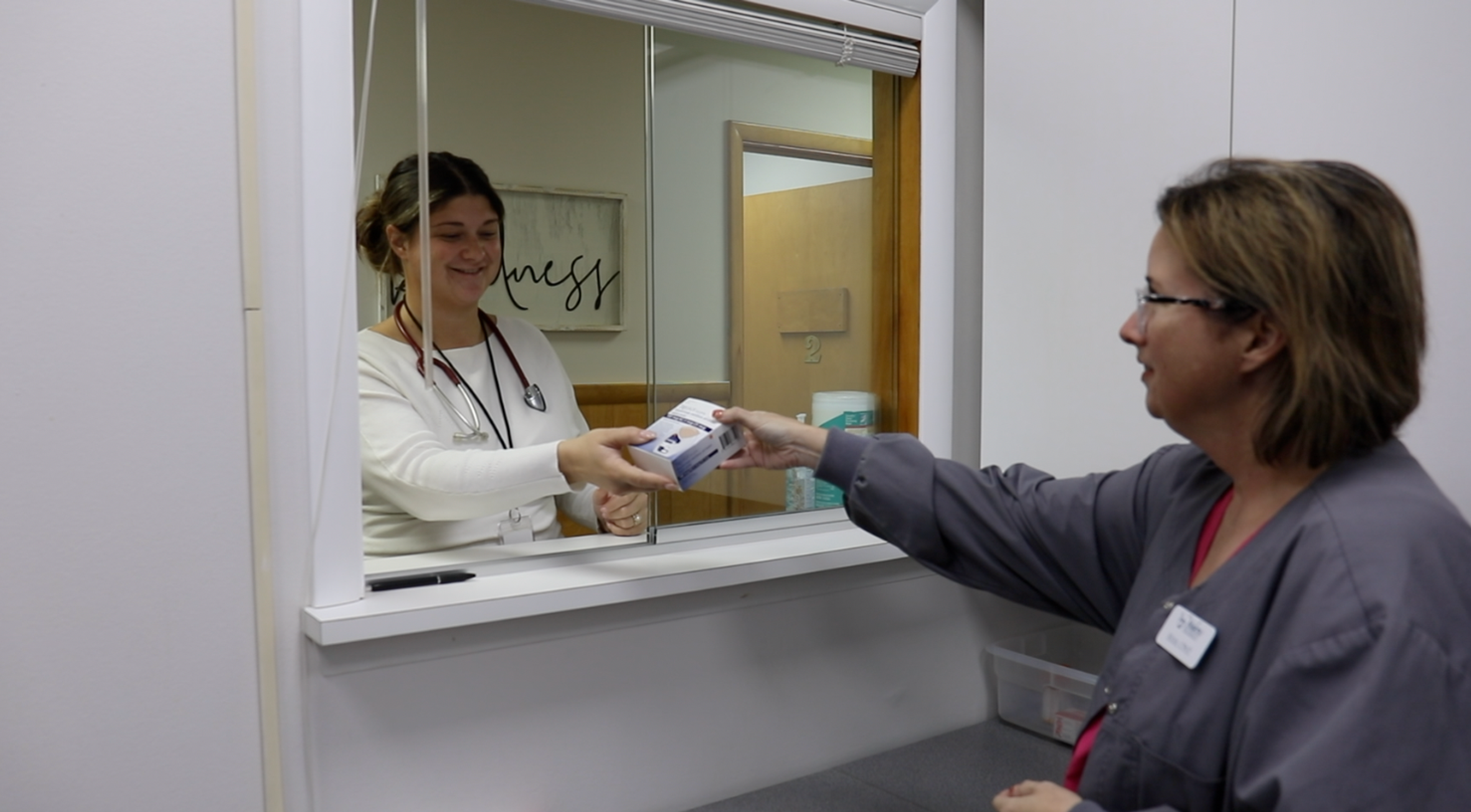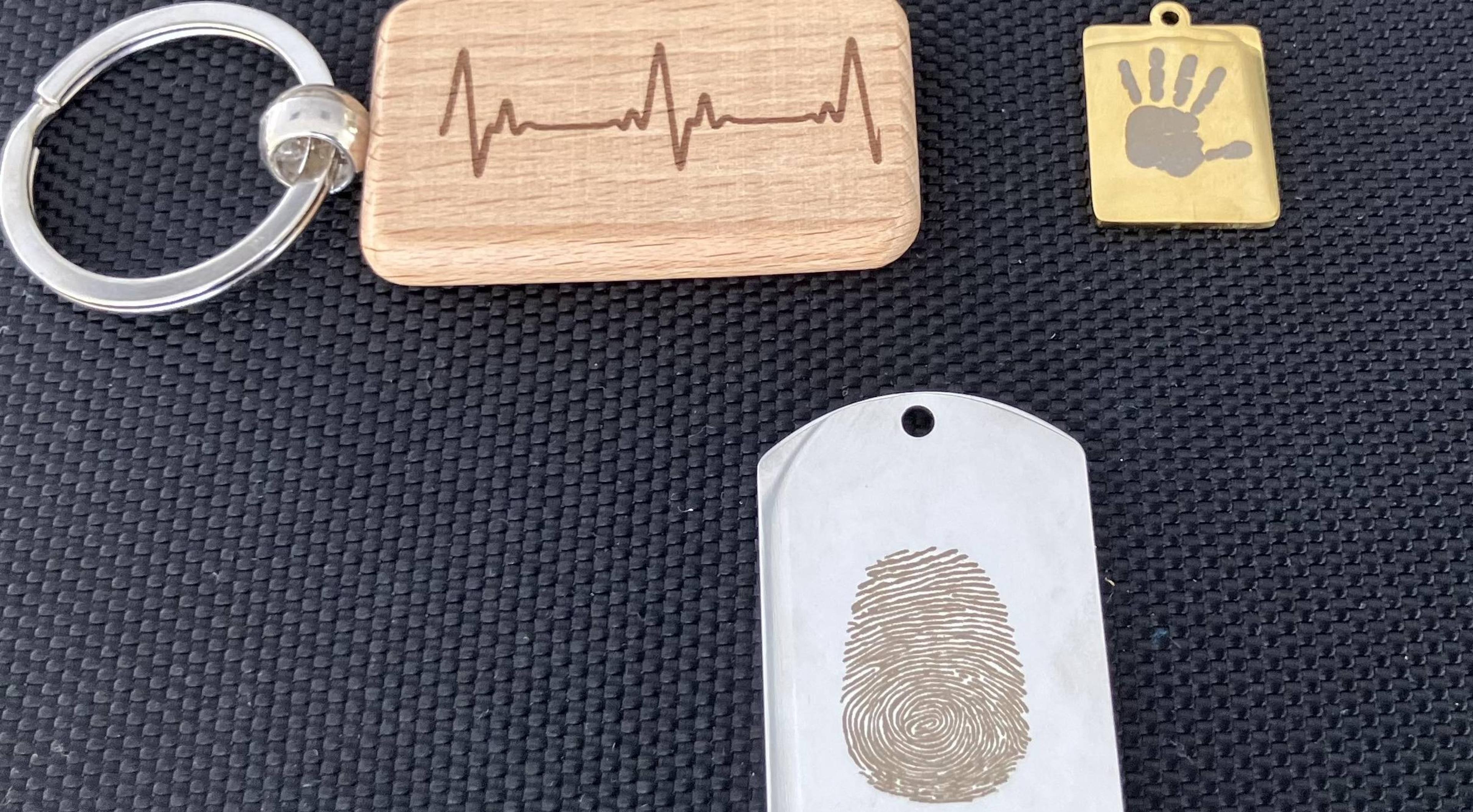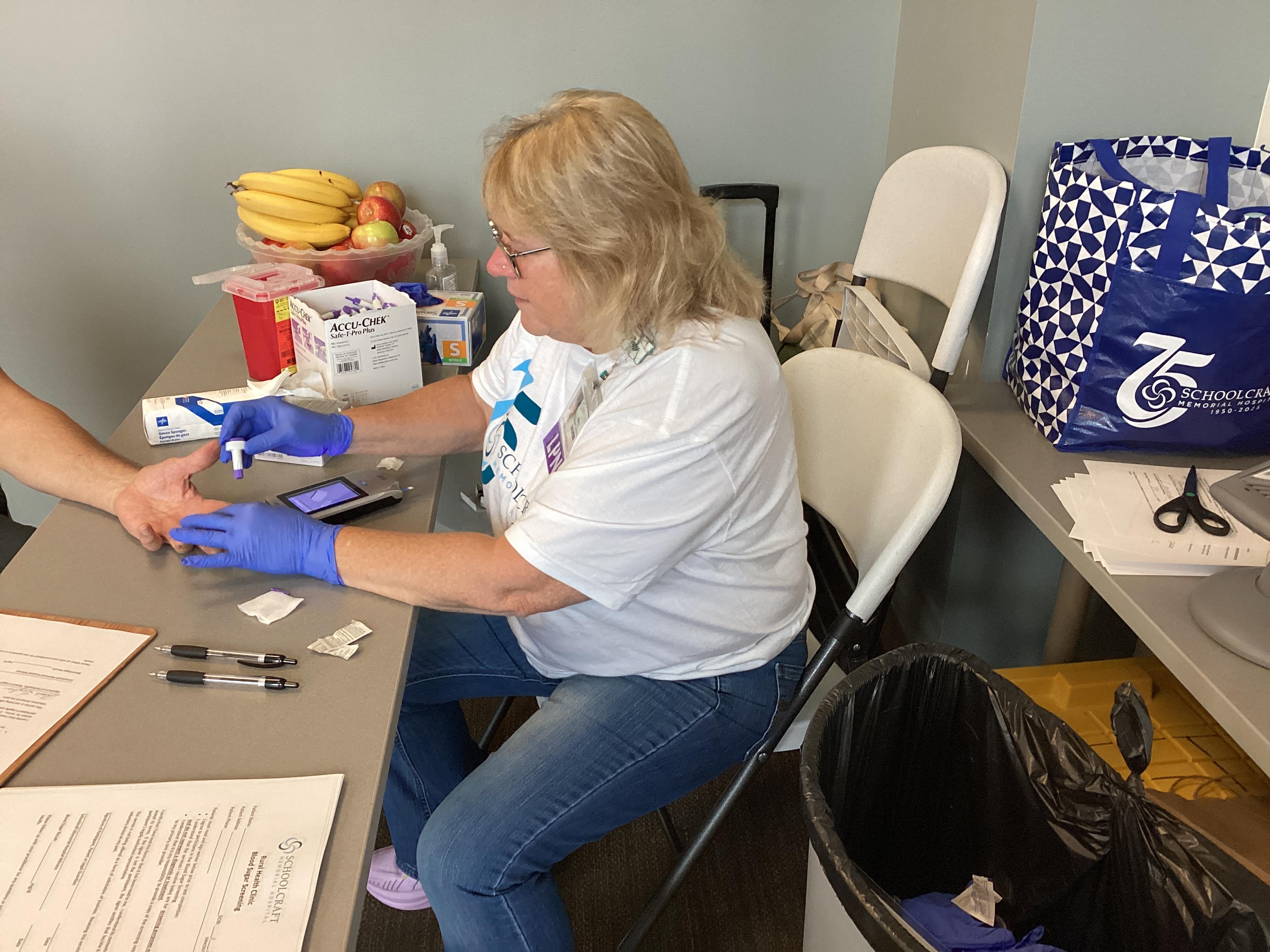Research Looks at Intersection of Faith and Reproductive Health Care
Julie Bitely
| 3 min read

Talking about reproductive health with a doctor can be difficult for many women. For Muslim women, there are often additional cultural and religious considerations that inform conversations they might have with their doctor. Anum Naseem is a first-year obstetrics and gynecology resident at a Chicago-based hospital. She was raised Muslim and became interested in how faith and health care intersect when she was a medical student at Wayne State University. “It’s a topic we don’t talk enough about in the community,” she said. “We’re not afraid to talk about heart disease or diabetes but nobody wants to talk about reproductive health care.” Naseem recently wrapped up a research project focusing on Muslim women and their unique reproductive health care needs and preferences. The project was funded through a student award program from the Blue Cross Blue Shield of Michigan Foundation. It’s an area of study that hasn’t been fully explored, Naseem found, and it’s work that she wanted to dig into after becoming interested in research studying the possibility of a contraception intervention in Detroit emergency departments to help mitigate high rates of unintended pregnancy, especially in minority communities. Her research focused on Muslim women of reproductive age presenting to a Dearborn emergency room seeking care. Interviews with 26 women were conducted in English and Arabic depending on the women’s preferred language choice. Because Dearborn has the largest Muslim population in the United States, Naseem acknowledges that the findings from the project might differ in other parts of the state or country. She said the work still holds value in helping providers understand Muslim women’s feelings and perceptions about the care they’ve received. Here are some of her findings:
- For reproductive care, women prefer female providers. Many women said they prefer a female provider, with some specifying they had waited to receive care until a female was available, particularly regarding reproductive care. The women did say a male provider would be acceptable for specialties outside of reproductive care. Naseem said it was surprising to find that some women indicated a preference for reproductive health care providers that are non-Muslim, for fear of judgment and gossip in their tight-knit communities.
- Myths persist related to reproductive health needs and marital status. Women reported feeling unable to talk about their sexual health history if they were unmarried. They also relayed concern about the use of tampons and pelvic exams as it related to virginity status. “It’s things like that where we need more education so women get the care they need,” Naseem said.
- Religious discrimination reports low, although stereotypes persist. Most women said they hadn’t experienced religious discrimination personally. However, some did share experiences of feeling stereotyped because of their faith. For example, one participant mentioned “if they (providers) see I don’t have a wedding ring on and I’m Muslim, they’re like ‘Oh, so you’re not pregnant for sure.’” Naseem said this stereotyping could make it harder for Muslim women to get the care they need.
Moving forward, Naseem hopes to share her research with providers and is working on the publication of her findings. She’s hopeful that information coming directly from Muslim women can help providers deliver care that is more sensitive to the unique perspectives and beliefs of their patients and can help them check their assumptions at the door. “Identifying implicit bias that exists in health care based on any factor, including religion, is an important step in eliminating disparities in health care treatment and outcomes,” said Audrey Harvey, executive director and CEO, BCBSM Foundation. “We’re hopeful that funding to support Dr. Naseem’s student research will inform providers and build a foundation for further study of this important issue affecting Muslim women.” Related:
Photo credit: Fly View Productions





